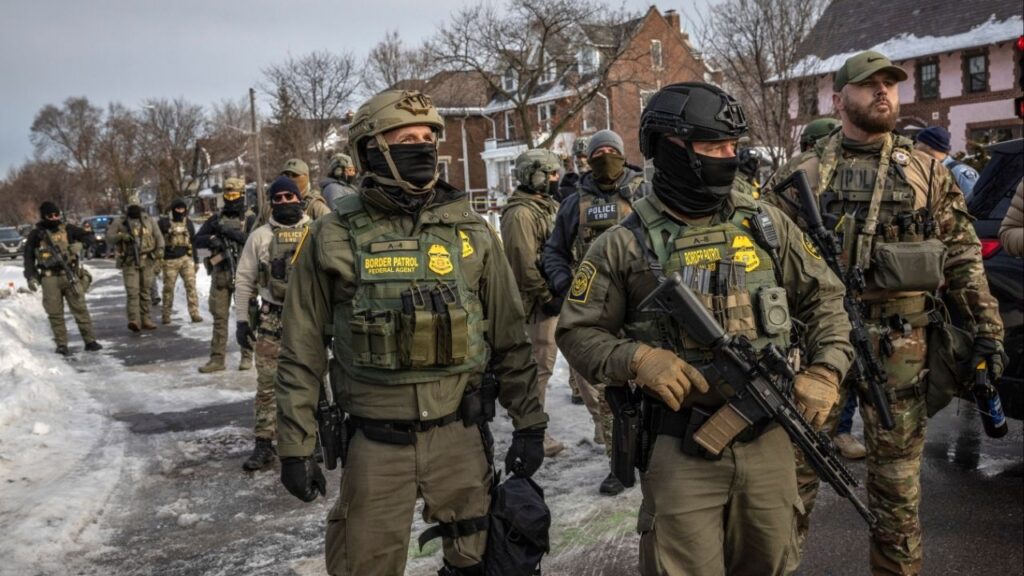How Warming Winters Are Affecting Everything
Share
[aggregation-styles]
NPR
Winters are warming faster than other seasons across much of the United States. While that may sound like a welcome change for those bundled in scarves and hats, it’s causing a cascade of unpredictable impacts in communities across the country.
Temperatures continue to steadily rise around the globe, but that trend isn’t spread evenly across the map or even the yearly calendar.
“The cold seasons are warming faster than the warm seasons,” says Deke Arndt, chief of climate monitoring at the National Oceanic and Atmospheric Administration’s National Centers for Environmental Information. “The colder times of day are warming faster than warmer times of day. And the colder places are warming faster than the warmer places.”
In the U.S., that means winters in both Maine and Alaska are around 5 degrees Fahrenheit hotter on average since the early 1900s. One reason: The snowpack, which is a good reflector of sunlight, is melting earlier in the season. With fewer days of snow cover, sunlight is absorbed into the ground and warms the surrounding area.
Read More →
NPR
Winters are warming faster than other seasons across much of the United States. While that may sound like a welcome change for those bundled in scarves and hats, it’s causing a cascade of unpredictable impacts in communities across the country.
Temperatures continue to steadily rise around the globe, but that trend isn’t spread evenly across the map or even the yearly calendar.
“The cold seasons are warming faster than the warm seasons,” says Deke Arndt, chief of climate monitoring at the National Oceanic and Atmospheric Administration’s National Centers for Environmental Information. “The colder times of day are warming faster than warmer times of day. And the colder places are warming faster than the warmer places.”
In the U.S., that means winters in both Maine and Alaska are around 5 degrees Fahrenheit hotter on average since the early 1900s. One reason: The snowpack, which is a good reflector of sunlight, is melting earlier in the season. With fewer days of snow cover, sunlight is absorbed into the ground and warms the surrounding area.
Read More →
By Lauren Somer, Mose Buchele, Molly Samuel, Patty Wight, Michael Elizabeth Sakas, Amy Mayer, Nat Herz | 18 Feb 2020
RELATED TOPICS:
Categories
Latest
Videos

Courts /
1 minute ago
Arizona Court Strikes Down Abortion Restriction Laws

U.S. /
16 minutes ago
US Moves to Deport 5-Year-Old Detained in Minnesota

Tech /
34 minutes ago
Europe Accuses TikTok of ‘Addictive Design’ and Pushes for Change

U.S. /
37 minutes ago
AIPAC’s Move Backfires as Gaza Tensions Flare in Midterms

Economy /
46 minutes ago
Dow Hits 50,000, Nvidia Soars as Traders Focus on AI Spending

U.S. /
49 minutes ago













